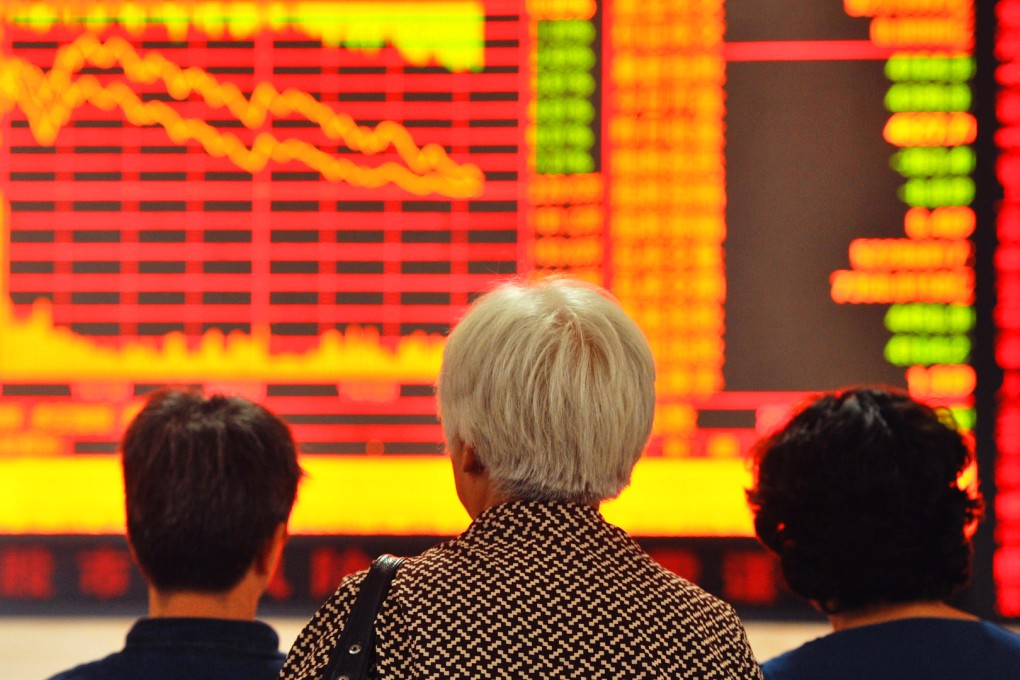China share market yet to hit its peak, says Lenovo founder Liu Chuanzhi
Lenovo founder believes shares will continue to prosper on the back of government push for people to turn their savings into investments

China's stock market, which turned four dismal years on their head last summer to embark on a skyward trajectory, has not hit its peak despite all the talk of a bubble and the likelihood of continued turbulence, according to one of the country's most respected entrepreneurs.

Liu said China's new leadership, led by President Xi Jinping and Premier Li Keqiang , was changing tack to let people make their own investment choices in previously forbidden areas.
There will always be ups and downs. But in the long run, [the market] will continue to rise
"The government is now trying all means to get people to spend or invest, including letting them put their money in capital markets," Liu, who founded Lenovo in 1984, said.